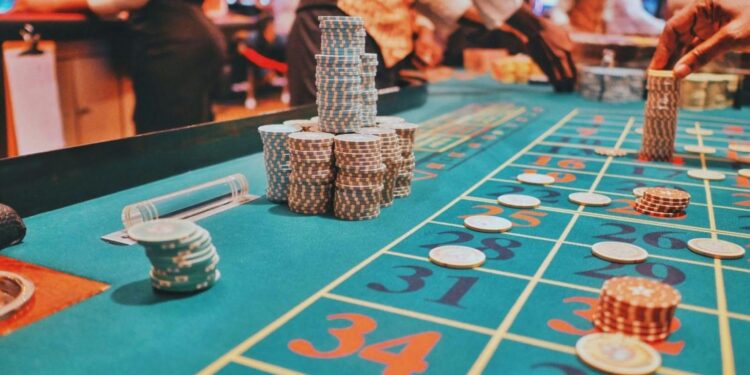Las Vegas may market bright lights, but the biggest spectacle often comes from those who treat the casino floor like home turf. Their buy‑ins dwarf house take, their private suites overhang skylines, and a single chip can equal a new car. These high rollers shape table limits, inspire Hollywood scripts, and even influence how casino executives design new pits. From analytical savants to royalty who wager simply because they can, every story below shows how audacious minds, deep pockets, and unshakable nerve turn gambling sessions into stories that make headlines.
When VIP wagers climb sky‑high
Casinos court super‑spenders with private pits, custom rules, and rebates that trim the house edge until it almost vanishes. During that courtship, the most daring participants gravitate toward high stakes games where six‑figure chips move fast, comp credits soar, and bankroll swings feel less like luck and more like portfolio management. Higher limits let seasoned players realise tangibly bigger percentage returns on sound strategy, while casual visitors watch with a mix of awe and apprehension. Once those chips hit the felt, the stage is set for legends.
The originals: Don Johnson and friends
Atlantic City management still shudders at the memory of Don Johnson’s four‑month tear in 2011. The former racetrack executive negotiated dealer‑friendly rules, stand on soft seventeen, late surrender, and a healthy rebate on daily losses, that clipped the house advantage to a rounding error. Using discipline and probability modelling, Johnson reportedly booked roughly fifteen million dollars in profit before pit bosses ended the party. His run proved that the biggest edge can appear before the first card is even drawn. These aren’t lucky Powerball winners. They’re experts who treat risk like a profession.
Bill Benter’s data‑driven edge
Across the Pacific, Bill Benter applied statistics to Hong Kong horse racing. After Las Vegas barred his inventive card‑counting team, he built software that digested hundreds of variables per race and spat out bet sizes with computer precision. Early misfires drained capital, yet persistence paid off; by the early 1990s, his syndicate collected a stream of winnings so steady that regulators quietly studied the model. Benter’s experience later influenced analytics desks everywhere: numbers tell a story if you feed them enough reliable input.
Brunei’s Sultan
Sultan Hassanal Bolkiah embodies unlimited bankroll play. Headlines cite chartered jets for barbers, fleets of rare cars, and vaults packed with fine art. London casinos confirmed his reputation in the 1990s when staff counted million‑pound chips as casually as plastic tokens. Tales of one‑night swings rival national lottery jackpots, yet the Sultan always treated losses as entertainment spend, not investment. When personal fortune stretches into tens of billions, adrenaline holds the highest value in the statement.
Baccarat legend Akio Kashiwagi
Japanese property investor Akio Kashiwagi turned baccarat into high‑drama theatre. His aggressive style attracted Donald Trump’s casino empire, which offered special sessions at quarter‑million stakes. Over five straight days in Atlantic City he endured marathon play, eventually dropping almost ten million dollars under terms designed to keep him seated for seventy‑plus hours. The duel remains a case study in endurance gambling where psychological stamina mattered more than card values.
Modern tables, modern tokens

Money never stands still and neither do wagering methods. Chip trays now share space with encrypted wallets, and whales increasingly request cryptocurrency deposits for privacy and speed. At mainstream gaming portals, the debate once centred on novelty, yet crypto is now mainstream, so cashier cages adapt, offering on‑chain transfers that settle in minutes. Fast settlement keeps momentum intact and protects colossal balances from currency swings during a long session.
Hard lessons from runaway losing streaks
Not every headline highlights victory. Nebraska heir Terrance Watanabe illustrates the danger of unchecked chasing. After selling his giftware business, he treated casinos as a second home and racked up a two‑hundred‑million‑dollar downswing in under a year, spawning lawsuits on both sides of the fence. Caesars eventually paid fines for serving him while heavily intoxicated. His story shows that bankroll discipline matters even at billionaire tiers.
Conclusion
Whether analytics, empire wealth, or sheer bravado push the buy‑in, high rollers redefine what many consider possible inside a gaming resort. Their exploits push operators to tweak rules and reward structures while reminding onlookers that fortune always carries a price. If you ever watch chips worth houses sliding across a velvet surface, think of the characters above; history still writes fresh chapters every night.














